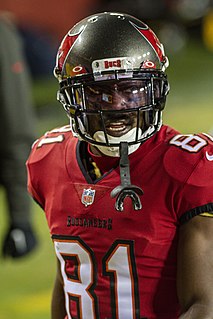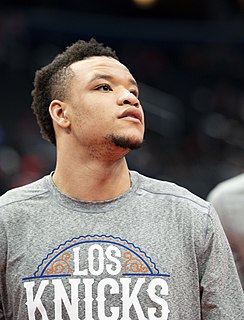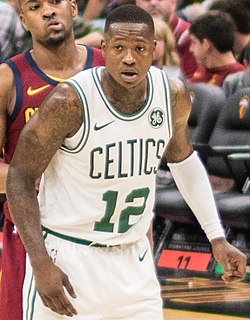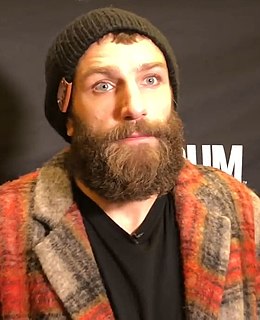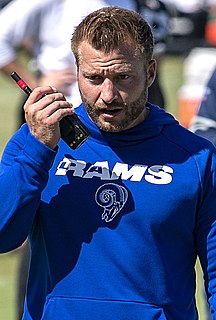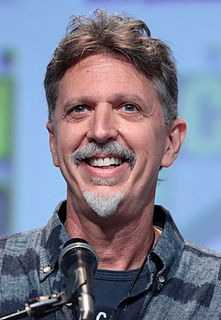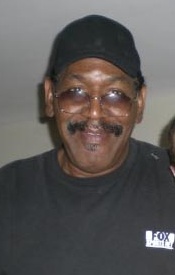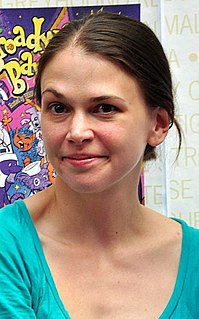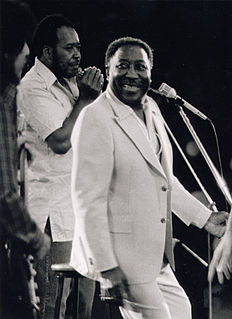A Quote by Antonio Brown
We usually have a rookie show when camp is almost over. It's a chance to get to know the rookies and to have fun and set the pace for the season.
Related Quotes
We had a show called NXT, and Daniel Bryan was my rookie, and I was his pro. And the object was for the pros teach the rookies what it's like to be a WWE Superstar. As soon as that hit the Internet, the Internet thought it was absurd: 'How dare WWE put Daniel Bryan as Miz's rookie? Daniel Bryan should be the pro.'
You can very often start a new season with a lot more viewers than you had, leaving off the season before. It's a chance to pull the show into a train station, stop the train, and let all these new viewers on, so you can tell a new story. In some ways, a second season is a chance to tell a brand new story that you can wrap up, at the end of it.
If I had a million dollars, I just wouldn't just completely set back. I'd have to get out there and show my face to all these good people who like me, I have to get out there and show my face. The only thing that would set me back if I get sick or something or pass away, that's all you can do about that you know. But as long as I got my health goin' pretty good, I'll show up around here.
